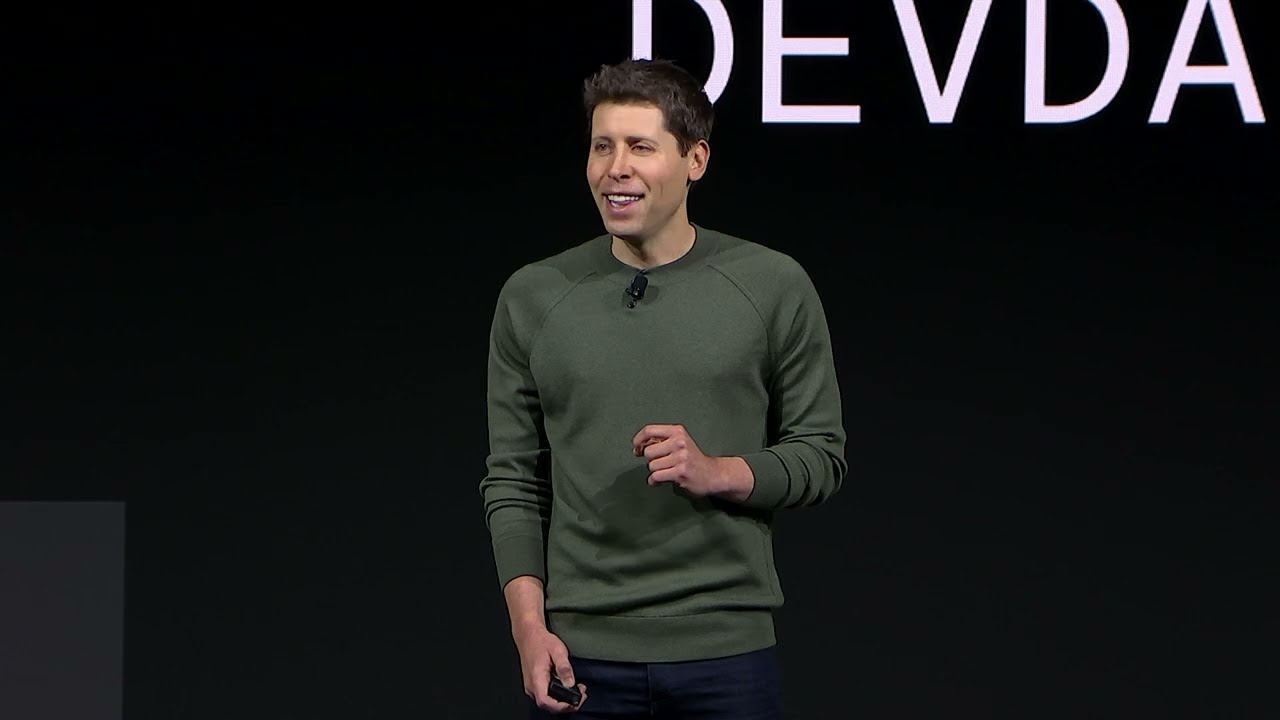Sam Altman says GPT-5 could be a "significant leap forward," but there's still "a lot of work to do"

OpenAI CEO Sam Altman is tempering expectations for GPT-5, but still expects a "significant leap forward."
In an interview at the Aspen Ideas Festival, Altman expressed caution about the progress made in developing GPT-5. "We don't know yet. We are optimistic, but we still have a lot of work to do on it," he said.
Despite his cautious words, the OpenAI chief expects GPT-5 to be a "significant leap forward" over its predecessor, GPT-4. The new model aims to address many of the mistakes GPT-4 currently makes.
"I expect it to be a significant leap forward. A lot of the things that GPT-4 gets wrong, you know, can't do much in the way of reasoning, sometimes just sort of totally goes off the rails and makes a dumb mistake, like even a six-year-old would never make," Altman says.
He emphasizes that the technology is still in its early stages, with data and algorithmic issues, and that the models are relatively small compared to their future potential.
"We know they get predictably better," Altman says, comparing the development to that of the iPhone. "The first iPhone was still pretty buggy, but it was good enough to be useful for people."
Altman's comment about model size seems to be a slight shift from his stance about a year ago, when he said, "We're at the end of the era where it's going to be these giant models."
But even then, Altman didn't say that models wouldn't continue to grow, and Microsoft's and OpenAI's significant investments in computing power and energy show an ongoing commitment to increasing computational efforts.
AI puts the Internet economy to the test
Altman believes that "AI is going to not super significantly but somewhat significantly change the way people use the internet," stating that the "economic models of the past" need to evolve, and that discussion goes beyond the debate over training data.
OpenAI's approach of making agreements with "preferred publishers" and licensing their news content for ChatGPT can be considered a more honest approach than that of other companies with similar products, such as Google or Perplexity.
The latter claim that their AI offerings help publishers by driving more traffic to their sites, which is a dubious claim, if not an outright lie, given the current state of the technology and how these services work.
Google has provided no data to support its claim that AI summaries could be good for the entire Internet ecosystem, and Google CEO Pichai is extremely evasive when it comes to how Google's AI strategy is already impacting the WWW, most notably with Google's AI partner Reddit, which has seen an absurd spike in traffic recently.
But OpenAI's approach isn't perfect, either. If the company is very successful, it could become the media gatekeeper in an AI assistant ecosystem, potentially harming media diversity and diversity of opinion.
AI News Without the Hype – Curated by Humans
As a THE DECODER subscriber, you get ad-free reading, our weekly AI newsletter, the exclusive "AI Radar" Frontier Report 6× per year, access to comments, and our complete archive.
Subscribe nowAI news without the hype
Curated by humans.
- Over 20 percent launch discount.
- Read without distractions – no Google ads.
- Access to comments and community discussions.
- Weekly AI newsletter.
- 6 times a year: “AI Radar” – deep dives on key AI topics.
- Up to 25 % off on KI Pro online events.
- Access to our full ten-year archive.
- Get the latest AI news from The Decoder.